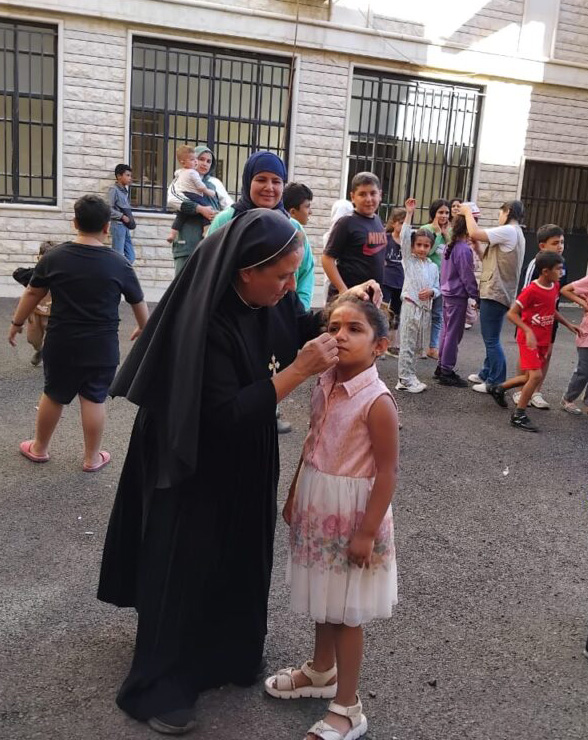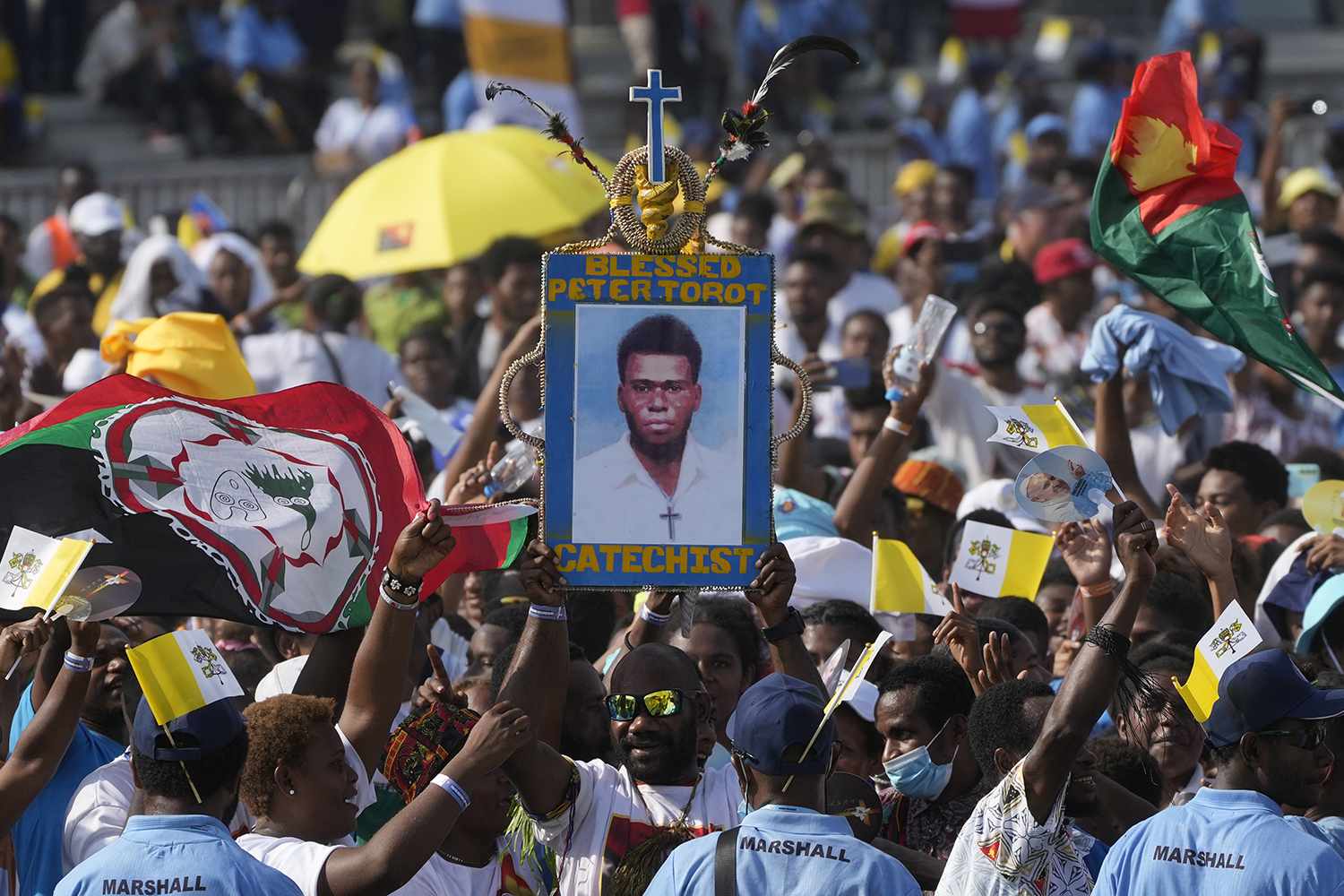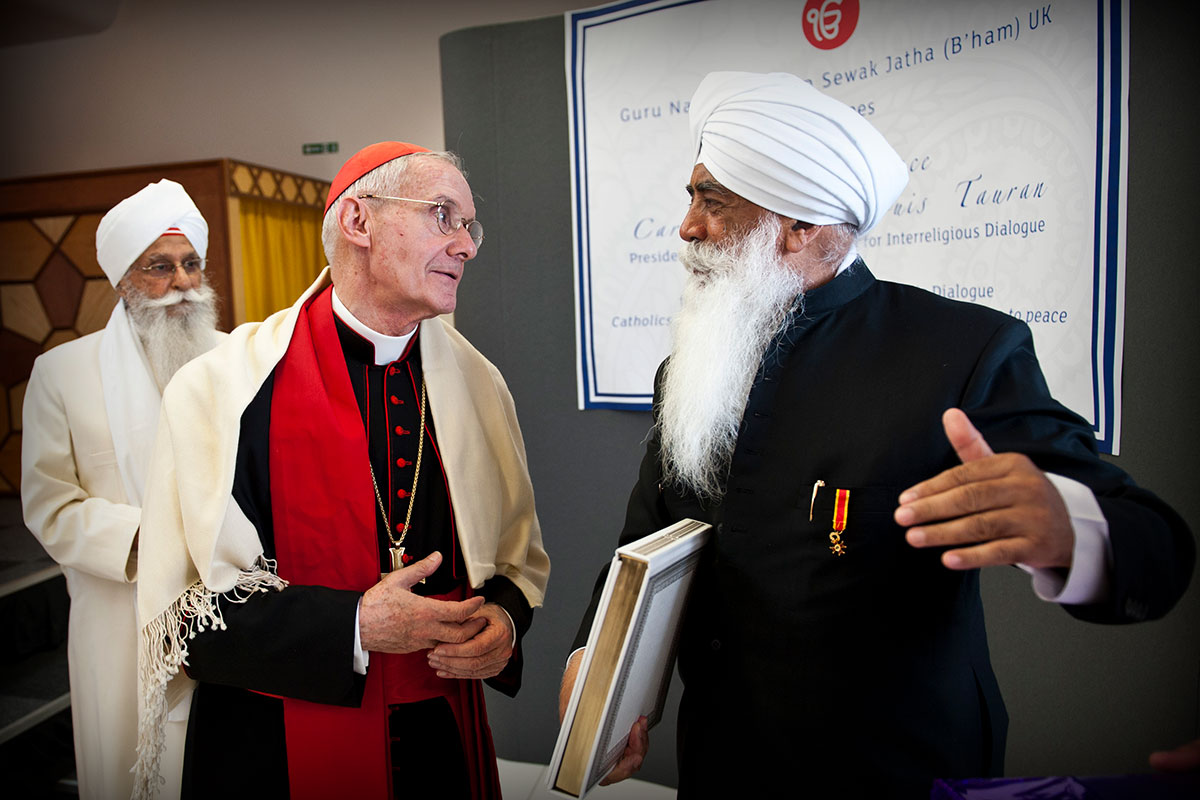Sisters of Our Lady of Charity of the Good Shepherd in Lebanon
Joaquim Magalhães de Castro
In a run-down working-class neighborhood in the Metn region, north of Beirut, where mainly Shiites live (which makes i, at the present conflict, a potential target), the Sisters of Our Lady of Charity of the Good Shepherd have been managing the Saint Antoine health center since 2005, although they have been operating there since 1985, when Lebanon was still at the height of the civil war.
“We leave in the morning without knowing if we will return at night,” describes her daily life as Sister Hanane Youssef, one of the nuns in charge of managing this medical unit dedicated to Saint Anthony. “Crises, one after the other, do not leave us in peace,” she tells the reporter of the Fides news agency.
In fact, years and years of conflict and economic turmoil have led to a shortage of medicines, resources and money for medical staff. This is tragic, because primary care centers like Saint Antoine are vital to the health response. They issue prescriptions and perform tests there, thus relieving the burden on hospitals, which now, with the Israeli airstrikes, are overwhelmed by those arriving with serious and disabling injuries, “limbs to amputate and disfigured faces and eyes”. Sister Hanane Youssef, “on a mission for 35 years”, draws particular attention to the shortage of health personnel, not only because many doctors and nurses have emigrated, but also “because people are afraid to go to work”. They know that by being in this neighborhood they are automatically placing themselves in a war scenario. “That is why we cannot guarantee our services and our social work,” she concludes.
According to the Lebanese Ministry of Health, Israeli attacks in Lebanon since October 7, 2023, have left almost 3,500 dead and 15,000 injured. The number of displaced people is over 1.2 million, according to UNHCR. A humanitarian catastrophe that “destabilizes the minds and souls of an increasing number of people”. Hospitals, which are rapidly collapsing, must also deal with “the emergence of a growing number of patients suffering from psychological trauma”.
“During the 2006 war”, recalls the sister, “we mobilized to vaccinate newborns from displaced communities. Even today, we have become a refuge not only for those who live here, but also for all the displaced families who have been welcomed by their relatives living in the neighborhood”. The work of the Saint Antoine center has always been a spontaneous and real sign of Lebanese coexistence between the different religious and immigrant communities. A coexistence that the war puts to the test, fueling distrust and fear in hearts. In the current war in Lebanon, the attacks target a specific community: the Shiites. Precisely the community most helped by the Saint Antoine center. This increases tension and reveals open divisions and resentments.
Preserving peaceful coexistence is not an easy task. But the Sisters of Our Lady of Charity of Bom Pasto do not care much about this, and despite the difficulties, they try to continue their mission. “We continue, thanks to God and with his grace,” repeats Sister Hanane. And she confides: “I was born and raised in the South. I myself experienced refugee status in 1982, when I fled with my family during the invasion, in the middle of the night. I therefore have a special empathy for those who are now going through this tragic experience.”
The war marked Sister Hanane Youssef’s personal life, as well as her religious life. It is easy for her to “recognize the face of God in the people who are by my side”, those whom God sends her every day, including some doctors, long-time friends and faithful. “I tell myself every morning that if I am in this place, it is because I am called to live the gift of my life. The Lord will protect us and a better day will come,” he concludes. And he repeats the words he has heard so many times from Pope Francis: “all wars are failures. They are defeats for everyone”.
The Congregation of Our Lady of Charity of the Good Shepherd, better known as the Congregation of the Sisters of the Good Shepherd, is a Catholic religious congregation founded in a convent in Angers, France, in 1835, by Saint Mary Euphrasia Pelletier, and which is currently present throughout the world.
Its charisma and spirituality, originating from the Order of Our Lady of Charity, are divided into two distinct groups within this same congregation: on the one hand, there are the communities of Contemplative Sisters of the Good Shepherd (who live in conventual enclosure and are dedicated, above all, to prayer); and, on the other hand, there are the communities of Apostolic Sisters of the Good Shepherd (considered to be active and who provide important support for the reintegration into society of women and children who are victims of abuse and poverty). It is in this last context that Sister Hanane Youssef and her courageous mission companions in the long-torn Middle East fit in.


 Follow
Follow


